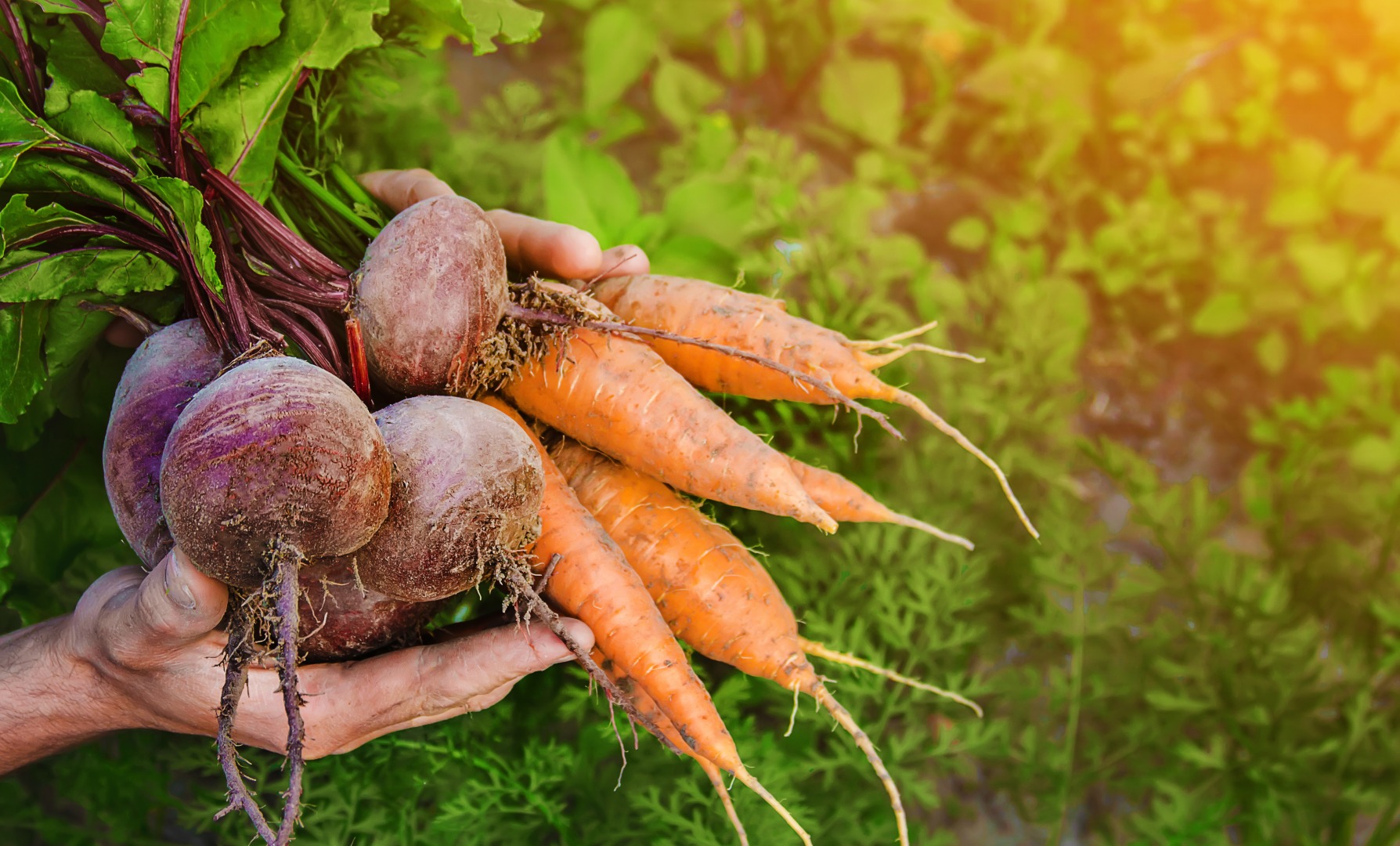BRITISH FOOD FORTNIGHT
Exceptional regional and national dishes can be found across the British Isles, inspired by our rich history and diverse cultures. Launched in 2002, British Food Fortnight is the largest national celebration of British food and drink, it is held every autumn during the harvest festival.
In celebration of the fortnight, our sites are enjoying delicious dishes including freshly made Scotch pies, Glamorgan sausages with red onion & chilli chutney and chicken and ham pie. We asked our Chef Director, Chris Ince, why he believes buying British is so important: “Put simply, using fresh, seasonal ingredients will always make your food taste better.
“But beyond great tasting food, by buying local you are supporting the local businesses and thus the economy. There are also environmental benefits as the food has fewer miles to travel to get to your plate, by using British supplies instead of imported goods you are helping to reduce carbon emissions and protect the British countryside.”
Best of British runs throughout our business and underpins our Food Philosophy. We’ll always work with our suppliers, to ensure we can serve the freshest produce from the best British producers.
Here are some reasons we celebrate British Food:
We believe that by using high quality, locally sourced ingredients our chefs can create food of an exceptional quality whilst, also supporting the local economy and the environment. We are proud to have extensive relationships with suppliers from across the UK, from Cornwall to the Scottish Highlands.
Beef
British beef is considered some of the best tasting in the world, and as a result our native British breeds are highly coveted across the world.
Pork
As one of the few countries that give consumers the option to buy outdoor reared pork, the UK is one of the world leaders in pig welfare. It also makes some of our most popular British dishes – sausages and mash, a sausage bap (or dependent where you live a cob, bridie or oggie!) and the lunchtime favourite sausage roll.
Lamb
Nutritionally lamb is naturally rich in protein, it is one of the few sources of Conjugated Linoleic Acid (CLA), which promotes muscle building and fat loss. Lamb also contains a plethora of other vitamins and minerals including zinc, selenium, phosphorus and iron.
Sheep farming is hugely beneficial to the environment; the extensive use of grazing helps protect rare plant and wildlife species.
Chicken
Over 40% of the meat that eaten in the UK is chicken, making it the nation’s favourite meat by far. British regulations means that poultry labelled as British is required to come from birds that have were born, reared and slaughtered in the UK.
Eggs
As a mark of quality and safety, all eggs that carry the British Lion mark have been produced under the stringent requirements. If an egg is marked with the British Lion mark, it means all stages of the process have been independently checked to ensure standards are met, including salmonella vaccinations. The British Lion has now become one of the UK’s most successful food safety marks, with over 90% of the UK eggs now produced following their strict guidelines.
Dairy
Milk and dairy products are important sources of several nutrients, including calcium, iodine and protein, which contribute to a nutritional diet. Milk is a fridge staple in the UK and Farming UK says 98.5% households buy liquid milk as enjoy it splashed over our cornflakes and in our tea.
Cheese
From Cheddar to Cheshire, Brie to Binham Blue, and Stilton to Stinking Bishop, Britain produces a huge quantity of cheese. In fact, there are around 700 named cheeses produced in the UK, which is 100 more types of cheese than France. Many of the cheeses produced in the UK are unique and, protected foods that have been awarded PDO or PGI status.
Seafood
Fish and chips is well known as an iconic British dish, but Britain has lots more to offer when it comes to seafood such as Scottish salmon, Cornish oysters and welsh mussels. Low in calories, high in protein and rich in vitamins, minerals and natural oils, fish is a hugely important part of the diet. Seafood is rich in vitamins A and D and is a fantastic source of Omega 3 fatty acids.
Vegetables
With the recent increase in vegetarianism and veganism, the consumption of vegetables is on the rise and we’re enjoying experimenting with new and exciting ways we can cook and eat them.
British Food Fortnight marks the shift from summer to winter, where we see new fruit and vegetables coming into season. With winter approaching, we will start seeing butternut squashes and apples becoming more readily available. Packed with vitamin C to boost our immune systems, they will help in protecting our bodies against winter colds and flu.
Second class Veg – Second class rates with a first-class taste
So called “ugly” or “wonky” veg is a huge source of food waste in the UK. It is believed that up to 25% of apples, 20% of onions and 13% of potatoes grown in the UK are thrown away for cosmetic reasons. We are proud of the range of seasonal products and “ugly veg” that would ordinarily be thrown away to create delicious dishes for our clients.
“Farm shops are an excellent way to be able to find local, seasonal ingredients to enjoy. Don’t be afraid to pick up something unusual you might not recognise and, ask for advice on what you can do with it. British Food Fortnight is a great time to try something new and celebrate the regional and national flavours we are famous for,” said Chris.




